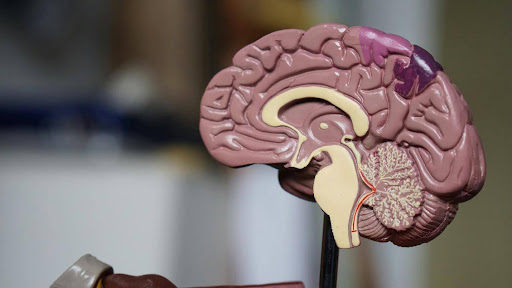Recognizing Early Signs of Alzheimer’s in a Loved One
Noticing subtle changes in a loved one’s behavior or cognitive abilities can be deeply concerning, especially when those changes seem to affect their daily life. However, recognizing the early warning signs of cognitive decline can play a crucial role in ensuring they receive proper care, medical attention, and emotional support. Many people immediately associate Alzheimer’s disease with significant memory loss, but the reality is that the early symptoms often begin years—sometimes even decades—before an official diagnosis is made.
By identifying these early indicators, families and caregivers can take proactive steps to seek medical evaluations, implement supportive routines, and explore potential treatment options that may help slow the progression of the disease. Early recognition not only allows for better management strategies but also provides more precious time to create meaningful moments with your loved one. It is essential to understand that Alzheimer’s affects individuals differently, with symptoms varying in severity and progression from person to person. This makes awareness and early detection even more critical in navigating the journey ahead with greater preparedness and compassion.
Subtle Signs That Might Go Unnoticed
In the memoir, A Husband’s Memoir: A Journey Through Alzheimer’s, Lynn Wenger recounts how his wife, Wendy, exhibited small but telling signs long before her formal diagnosis. Looking back, he realizes that these changes were the earliest indications of the disease.
- Difficulty with Reading and Comprehension
Wendy, once an avid book club participant, struggled to retain information from what she read. Eventually, she withdrew from the club altogether.
- Trouble Navigating Familiar Activities
Simple routines, such as working on puzzles in the morning, became more difficult. Wendy began relying on her phone to look up clues, and later, even that became a challenge.
- Declining Ability to Drive at Night
A fear of driving after dark can be an early warning sign. In Wendy’s case, she stopped driving at night altogether, recognizing that something “wasn’t quite right.”
- Withdrawal from Social Situations
While she could still hold one-on-one conversations, Wendy became noticeably quiet in group settings, often staring ahead and not engaging unless directly asked a question.
Emotional and Behavioral Changes
Aside from cognitive struggles, emotional and behavioral shifts are also early indicators of Alzheimer’s.
- Increased Irritability and Anxiety: Wendy showed frustration with tasks that were once second nature. Simple obstacles, such as dealing with electronic medical records at work, left her overwhelmed.
- Mood Swings: Friends and family who didn’t see her every day were the first to notice the changes in her demeanor and behavior.
- Loss of Interest in Hobbies: Singing in the church choir was a joy for Wendy, but as time passed, she struggled to follow the sheet music and eventually quit.
Memory Loss and Confusion
While many of us associate Alzheimer’s with memory issues, its early signs go beyond forgetting names or appointments.
- Forgetting the Purpose of Objects: When filling her pill organizer, Wendy would become confused, reorganizing the medication repeatedly.
- Repeating Questions or Stories: She would ask the same things over and over, sometimes moments apart.
- Getting Lost in Familiar Places: On one occasion, Wendy walked outside and didn’t know where she was going, requiring a neighbor to intervene.
What to Do If You Notice These Signs
If you recognize these symptoms in a loved one, here are some steps you can take:
- Keep a Record of Symptoms: Document behaviors and changes to provide a comprehensive overview for medical professionals.
- Schedule a Doctor’s Appointment: Early testing, including cognitive assessments and brain scans, can help determine if Alzheimer’s is present.
- Seek Support: Caregivers need help too. Alzheimer’s organizations and support groups can provide guidance on what to expect.
- Encourage Routine and Engagement: Daily walks, social interactions, and simple activities can help slow cognitive decline.
- Explore Treatment Options: Medications like Donepezil and Memantine may slow disease progression when started early. However, always consult a medical professional before starting any treatment.
Recognizing the early signs of Alzheimer’s allows for better preparation, both emotionally and practically. As Lynn Wenger’s memoir represents, the journey is challenging but also filled with moments of love, laughter, and resilience.
If you suspect Alzheimer’s in a loved one, take action today to ensure they receive the best care possible.













Post Comment